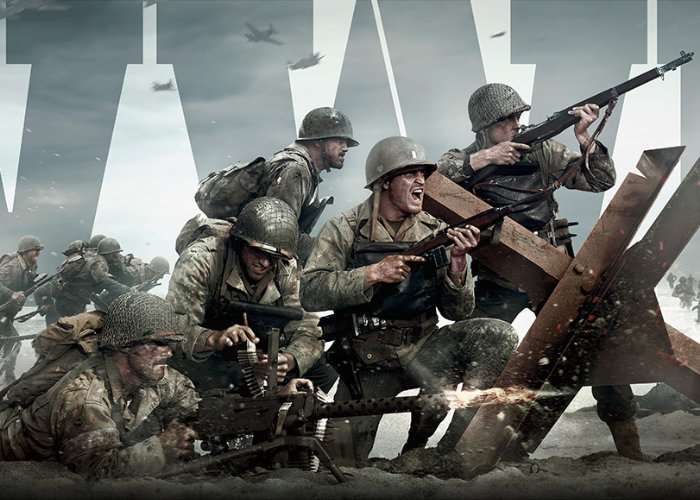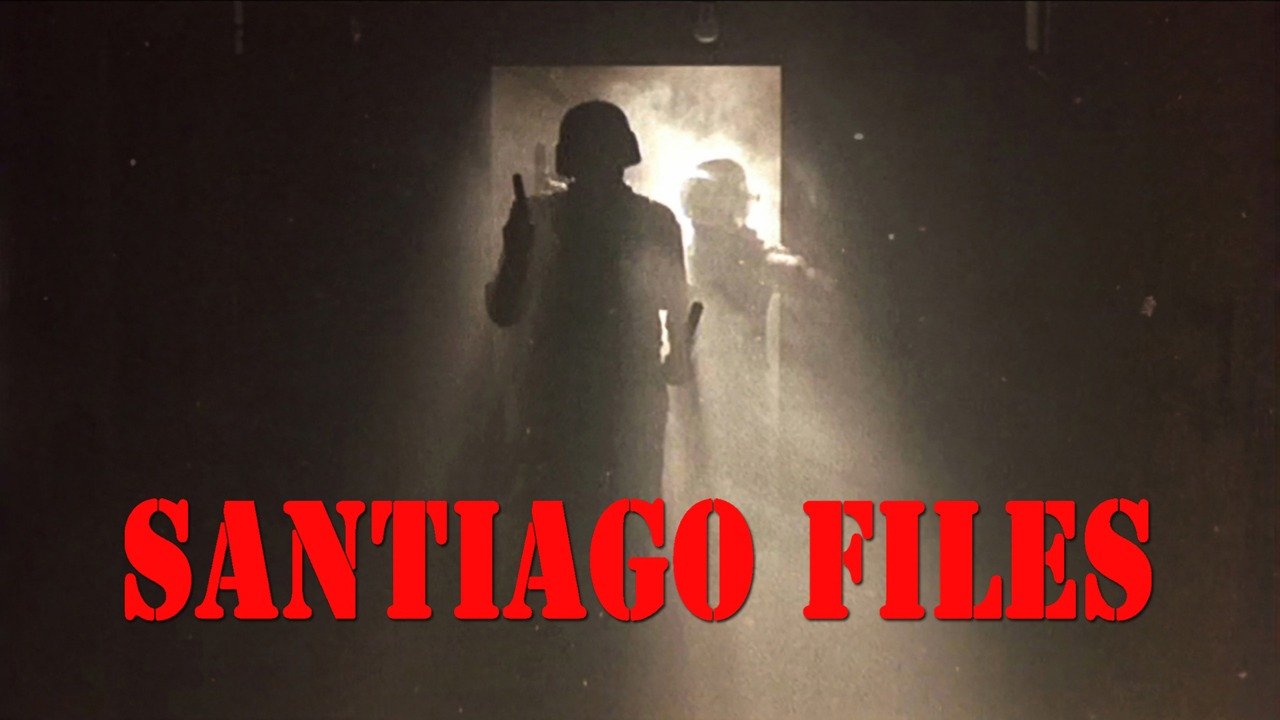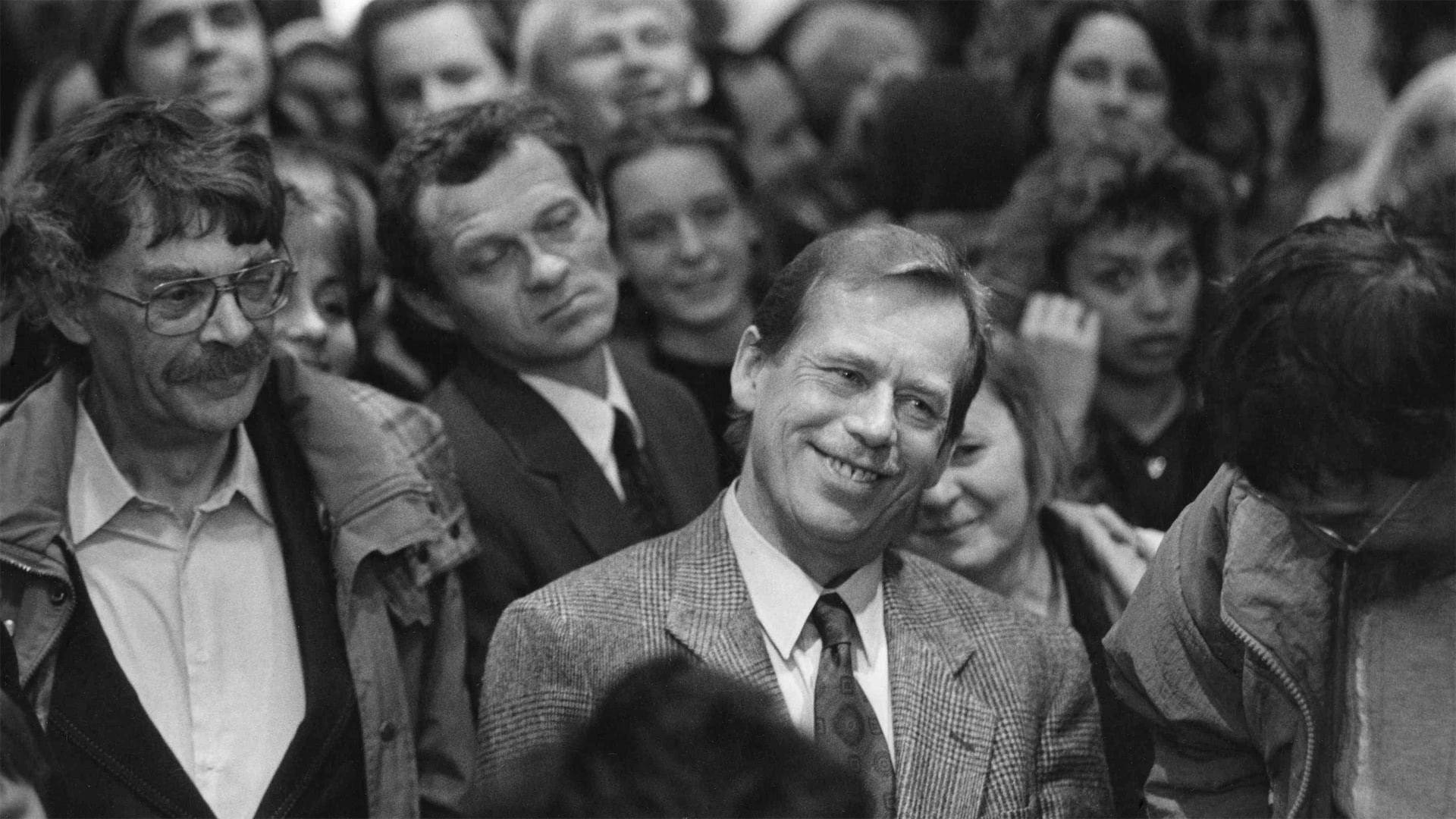
Immersing ourselves in the sepia-toned pages of history books, we often wonder about the tales untold, the stories behind the stories. With its turbulent times and transformative events, the past continues to shape our present and future. But what if we could view it with our own eyes, traverse through times gone by and witness history being made? This is where documentaries, specifically historical documentaries, play an essential role in painting vivid imagery of past eras.
The medium of documentary filmmaking has proven to be an invaluable tool for historians and educators alike. With platforms like Netflix, YouTube, and Guidedoc, viewers can watch online, exploring content that ranges from biographies to monumental events, all from the comfort of their homes. Docuseries often take a deeper dive into topics, offering a serialized exploration of events and allowing for a more nuanced understanding. In essence, the accessibility and depth provided by these visual narratives afford us a unique opportunity to reflect, learn, and ensure that history is not forgotten.

The art of docudrama and documentary filmmaking not only encapsulates facts but also embeds the emotional, social, and political landscapes of the epoch it depicts. Engaging with these films and shows, we become time travelers, privy to our ancestors' struggles, triumphs, and secrets. Furthermore, they encourage us to question, to delve deeper, urging us to draw parallels between the then and now, providing a mirror that reflects our evolution and sometimes, our persistent follies.
Diana: In her own words
The Accountant of Auschwitz
Struggle: the life and lost art of Szuklaski
Genius of the modern world
Great events of World War II in color

Knowing the history of a country through biographies as interesting as that of Diana Spencer is a real pleasure. We are big fans of her figure and there is no film, interview or documentary about her that we have skipped. Of everything we have seen, this one, almost two hours long, is one of the most honest and complete. We can see how informal their life and routines were through archival footage and even personal images. It is a perfect piece to learn how her childhood marked her and how her shyness was not able to overthrow the rebellious woman she always was.

Delving deep into the political shifts of the 1990s, this documentary spotlights the potent role patriotic music played during the Homeland War, influencing not just the fighters but an entire nation. Beyond the cacophony of warfare — the roaring aircraft, rumbling tanks, and unyielding propaganda — it was the powerful notes and lyrical cadences of these songs that resonated most deeply. These anthems, endorsed and propagated by the national TV broadcaster, were more than just melodies; they were declarations of loyalty, haunting recollections, and fervent political statements. Even decades later, the echoes of these songs continue to stir passions and evoke poignant memories of a tumultuous time.

No matter how much we think we know about World War II and the Nazi extermination, there are still great unknowns and stories that leave us with our mouths open. What we can see in this documentary is the trial of a former Nazi officer accused of being complicit in the barbarism that occurred at Auschwitz.

Navigating the contentious waters of Allende's presidency, from his historic election as Latin America's first socialist president in 1970 to his dramatic downfall three years later, "Santiago Files" sheds light on a turbulent era in Chilean history. Allende's term was rife with economic upheaval, political discord, and societal unrest. His ultimate ousting, orchestrated by powerful entities like the CIA, ITT Corporation, and PepsiCo, underscores the international stakes and intricate geopolitics of the time. Leveraging archival material, expert interviews, and a gripping narration by McDowell, the documentary offers a panoramic view of the era, delving into both Allende's perspective and the machinations of those who conspired against him.

Geniuses are eternally misunderstood. That description fits perfectly with the Polish artist born at the beginning of the last century. If you don't know him, you can rest assured. He is a great unknown but as soon as you know his story it will be difficult to forget him. He was a child prodigy who was reproached at school for using his own alphabet, one he invented himself. As a curious detail, it was produced by actor Leonardo Dicaprio.

Diving deep into the life of one of Czech Republic's iconic figures, the documentary unveils the many contrasts and paradoxes that marked Václav Havel's journey. He was a man who, amid life's complexities, always adhered to his conscience, transforming his life into a dramatic tale of conflicts and resolutions. While the film aims to intrigue international viewers, it is also crafted to resonate with the younger Czech audience by highlighting Havel's exceptional character during a pivotal historical era.

Are there certain conditions that foster the development of great intellectual figures such as Marx, Nietsche or Freud? This is the question that historian Bettany Hughes asked herself and the answer is found by studying in detail the intellectual landscape that favored all these key figures in history.

A diverse group of politicians, journalists, and experts in the field immerse us in the intricate process of partition that Pakistan underwent in 1971. The separation of East and West Pakistan gave shape to the now-recognized Bangladesh, but what were the reasons behind it?

Advances in technology are capable of achieving what at first glance may seem impossible. The perfect example is this documentary series in which we can see the key episodes of World War II with colored footage. The fall of Pearl Harbor, the Battle of Midway, the Battle of the Bulge, Hiroshima... It is undoubtedly a most illustrative review!

Delving into the heart of contemporary geopolitics, this documentary offers an enlightening perspective on Ukraine, a nation standing at the crossroads of Russian and Western European influences. The country's strategic location has rendered it pivotal in shaping the course of history. Directed by Fedor Levchenko and narrated by Dolya Gavanski, the film intricately weaves Ukraine's captivating modern tale, journeying from its pre-Soviet roots, traversing its socialist legacy, and delving into its current quest for identity and independence amidst the push and pull of powerful neighboring ideologies.
Embracing these films and series, we tether ourselves to roots deep within our collective pasts. As we weave through the complex tapestry that these historical documentaries lay out before us, we are beckoned to reflect upon the cyclic nature of society and the resonating impacts of history. In the words of the eminent historian, David McCullough, “History is who we are and why we are the way we are.” Let's ensure that as we stride into the future, the echoes from our past are not only heard but deeply understood and respected.
Watch more great documentaries on Guidedoc